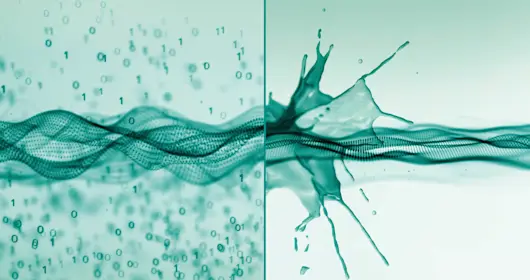Do I have to be an AICPA member to apply for the credential?
Yes. Members in good standing can only use the CFF credential, which the AICPA exclusively grants.
Do I need an active CPA license to practice public accounting to become a CFF?
No. You must hold a valid and unrevoked CPA certificate issued by a legally constituted state authority and meet other prescribed requirements. You do not need to have an active CPA license.
You do not need to have an active CPA license. You must hold a valid and unrevoked CPA certificate issued by a legally constituted state authority and meet prescribed requirements.
Do I need to be an FVS Section member to apply to become a CFF credential holder?
No. You need to be an AICPA member in good standing and meet the valid and unrevoked CPA certificate requirement. CFF credential holders receive complimentary FVS Section membership.
If I don’t meet the requirements to become a CFF credential holder, is there another way to get information about forensic accounting?
Yes. You may join the FVS Section — the only requirement is AICPA membership in good standing.
What is the initial pricing for the CFF credential?
Current pricing is listed on the membership dues page.



